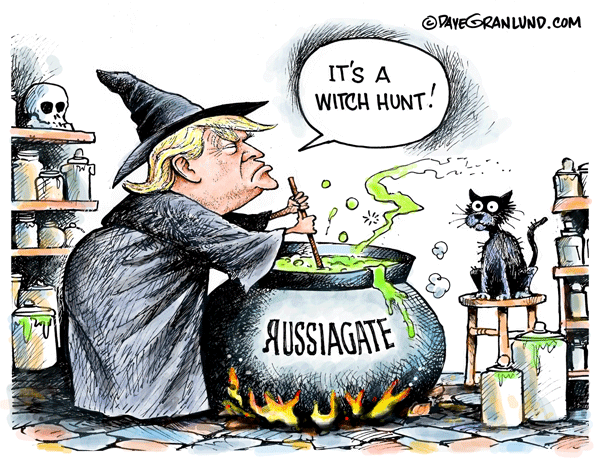Disir
Platinum Member
- Sep 30, 2011
- 28,003
- 9,607
- 910
Can you help set the stage by telling us a little bit about the criminal justice system in 12th and 13th century England?
Elizabeth Papp Kamali: One of the things that I find fascinating about medieval English law is the transition from a criminal justice system in the 12th century that relied on trial by ordeal, to a system dependent upon juries to issue final felony verdicts by the early 13th century. That’s a world that came into being after the Fourth Lateran Council in 1215, when the Catholic Church withdrew priests from administering trial by ordeal. England was then forced to choose another method of proof.
Law & Order in Medieval England - Harvard Law Today
This is an interesting interview. She is pushing her book and I would really like to get that sucker.
Elizabeth Papp Kamali: One of the things that I find fascinating about medieval English law is the transition from a criminal justice system in the 12th century that relied on trial by ordeal, to a system dependent upon juries to issue final felony verdicts by the early 13th century. That’s a world that came into being after the Fourth Lateran Council in 1215, when the Catholic Church withdrew priests from administering trial by ordeal. England was then forced to choose another method of proof.
Law & Order in Medieval England - Harvard Law Today
This is an interesting interview. She is pushing her book and I would really like to get that sucker.




